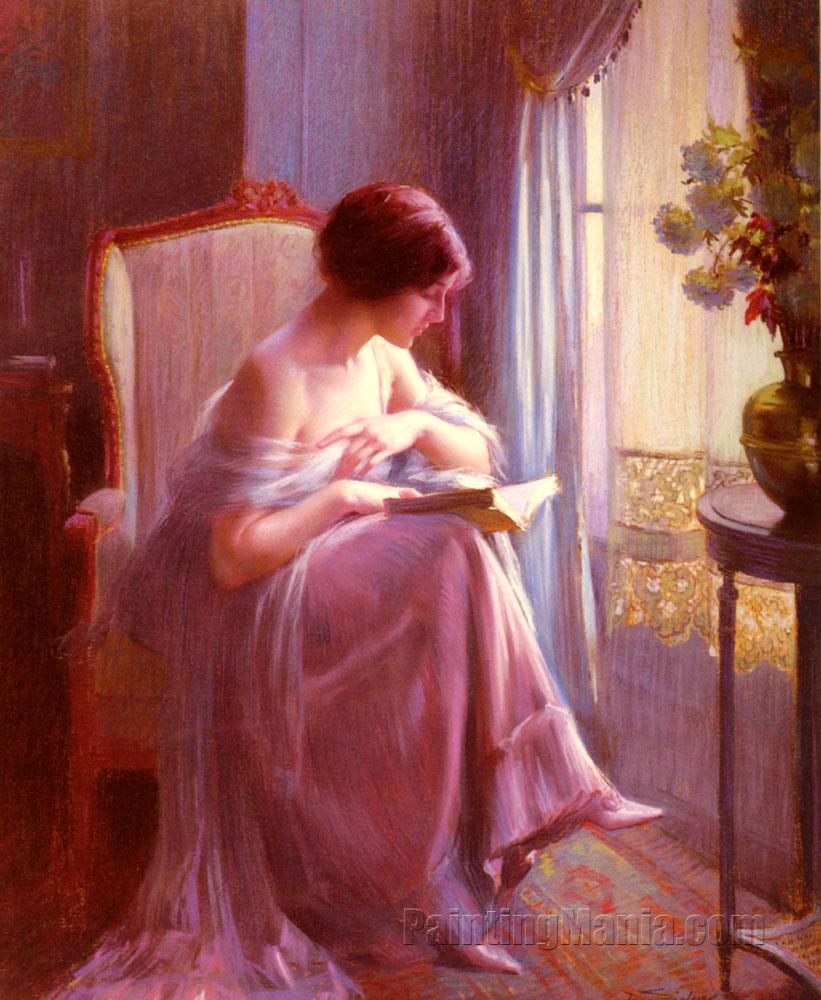Note: If you wish to receive, via e-mail, (1) my weekly newsletter or (2) daily copies of these posts, write to me at rrbates1951@gmail.com. Comments may also be sent to this address. I promise not to share your e-mail with anyone. To unsubscribe, write here as well.
Sunday
Victoria Emily Jones’s Art & Theology blog is must reading for those interested in how literature can deepen one’s spiritual life. A few weeks ago she reported on a fascinating interview with author and poetry teacher Abram van Engen on “why Christians in particular should read poetry.” At one points he notes how literature can speak to us in ways deeper than expository prose:
I often think that ministers in particular—and especially the heavier the preaching tradition, the more true this is—need creative literature—poetry, novels, and other things—to enliven what it is they’re doing from the pulpit. Not just to understand human life in all of its flourishing and misery, but to connect to people in different kinds of way than pure principle and message can do.
The observation reminds me of the poem “Windows” by 17th century poet George Herbert, who points out the difference between transparent glass and stained glass. The former, like Engen’s “pure principle and message,” fails to convey God’s “light and glory.” Unless preachers “anneal in glass thy story,” Herbert writes, God’s “eternal word” appears “waterish, bleak, and thin”:
But when thou dost anneal in glass thy story,
Making thy life to shine within
The holy preachers, then the light and glory
More reverend grows, and more doth win;
Which else shows waterish, bleak, and thin.
Of course, Herbert’s own version of conveying God’s shining is through poetry.
In her blog post, Jones also cites pastor and author Russ Ramsey and singer-songwriter Sandra McCracken, who talk about how one should, essentially, read the Bible as literature:
Scripture calls for reading with a fully engaged imagination, Ramsey says, because that’s how literature works and that’s how people work. “How are you supposed to understand Scripture if you’re not trying to empathize or get into a situation and walk around inside of it?” he asks. They discuss wonder, mystery, and paradox—the unresolved dissonance and complexity present in many Bible stories—and the need to take a Bible story on its own terms instead of always trying to extract a moral or “life application” from it.
Jones notes that the two are
basically advocating for Ignatian contemplation, a.k.a. the Ignatian method of Bible reading and prayer, in which you put yourself into the story and try to experience it with all your senses.
Ramsey provides a fascinating example. Since Mary had recently anointed Jesus with nard (much to Judas’s displeasure), that means he would have smelled “opulent” when he was being arrested, tried, flogged, and crucified. Ramsey imagines a first-century Christian thinking, “He left a lingering scent as he went down the Via Dolorosa, and it was the scent of royalty. And it was the scent of extravagance.”
Poets who take up Biblical themes, either directly or indirectly, have therefore something particularly valuable to offer us. The Bible is not only poetry and fiction and drama itself but it invites poetic and fictional and theatrical interpretation (as the works I share on Sundays make clear). Just as poets “tell the truth but tell it slant” (to quote Emily Dickinson), so literature that echoes Biblical language and literature that explores Biblical stories is a way of engaging with spirit at the deepest level. And this includes literary works that have been condemned by church establishments, such as Chaucer’s Canterbury Tales, Molière’s Tartuffe, D. H. Lawrence’s The Man Who Died, and Kazantzakis’s Last Temptation of Christ.
Of course, a work doesn’t have to deal specifically with religious themes to be spiritual. God moves through us in all kinds of ways. The best poetry and fiction gives us glimpses of that movement.


